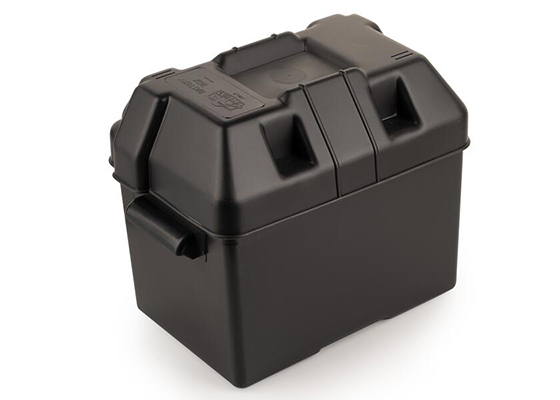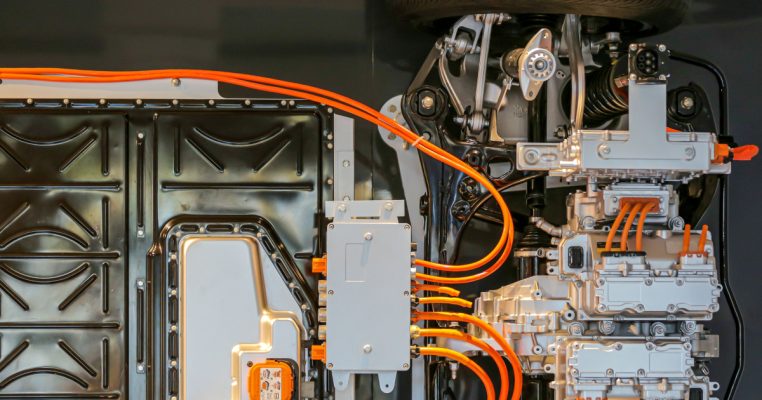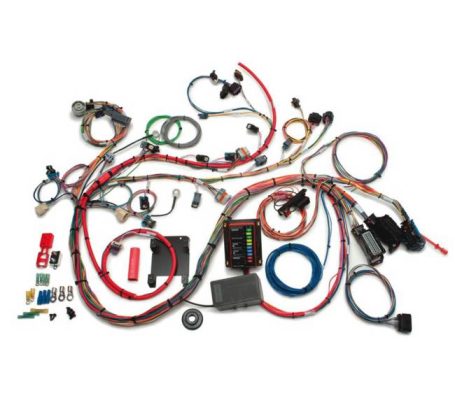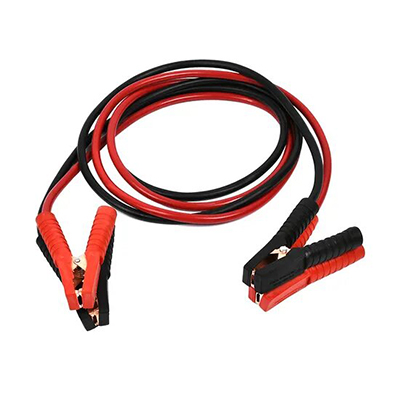Essential Guide to Picking the Correct Dimensions for 12V Vehicle Battery Thermal Insulation Cases
News 2025-10-10
Choosing the right size for a 12V automotive battery insulation box is crucial for maintaining optimal battery performance and longevity in various driving conditions. These boxes protect batteries from extreme temperatures, vibrations, and moisture, which can significantly impact vehicle reliability. By selecting the appropriate size, you ensure a snug fit that maximizes insulation efficiency without compromising space or safety. This guide covers key considerations to help you make an informed decision based on your vehicle’s specific needs and usage patterns.

Key Factors in Determining the Right Size
Insulation box size depends on several critical factors, including the dimensions of your 12V battery and the available space in your vehicle’s battery compartment. Start by measuring the battery’s length, width, and height accurately to avoid gaps that could reduce thermal protection. Material thickness and design features, such as ventilation options, also influence the overall fit. For instance, batteries in compact cars may require slimmer boxes, while those in trucks need more robust enclosures to handle larger sizes and harsher environments, ensuring better protection against thermal fluctuations.
Application Scenarios Across Different Vehicle Types
Different vehicles present unique challenges that affect insulation box size selection. In sedans and SUVs, space constraints often necessitate compact, custom-fitted boxes to maintain under-hood airflow. For commercial vehicles like vans or delivery trucks, larger boxes are essential to accommodate high-capacity batteries subjected to frequent stop-start cycles. In off-road or marine applications, oversized boxes with enhanced sealing provide superior resistance to dust and water, improving battery reliability in demanding scenarios and extending operational life in extreme conditions.
Performance Benefits of Proper Sizing
A correctly sized insulation box enhances battery performance by minimizing heat loss and gain, which is vital for maintaining consistent voltage output. This precision fit reduces the risk of short circuits and corrosion, leading to longer battery life and fewer replacements. Additionally, optimal sizing improves energy efficiency, particularly in electric and hybrid vehicles, by preserving charge capacity during temperature extremes. Such benefits not only boost vehicle safety but also contribute to cost savings through reduced maintenance and downtime in professional and recreational use.
Frequently Asked Questions
1. What are the common size ranges for 12V battery insulation boxes?
They typically range from 200mm x 150mm x 200mm for compact batteries to 350mm x 175mm x 250mm for larger ones, depending on the battery model and vehicle type.
2. How can I ensure the insulation box fits perfectly in my vehicle?
Measure the battery compartment dimensions carefully and compare them with the box specifications, considering any additional space needed for cables or mounting hardware.
3. What happens if I choose an incorrectly sized insulation box?
An ill-fitting box may lead to poor thermal protection, increased vibration damage, or installation issues, potentially shortening battery life and compromising safety.


